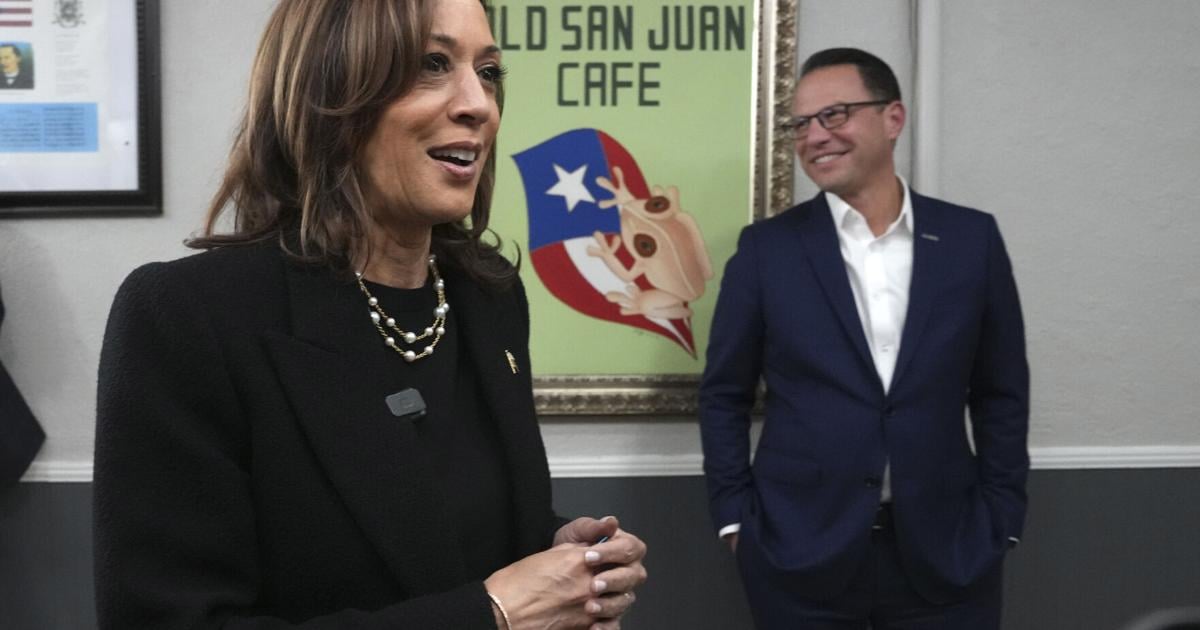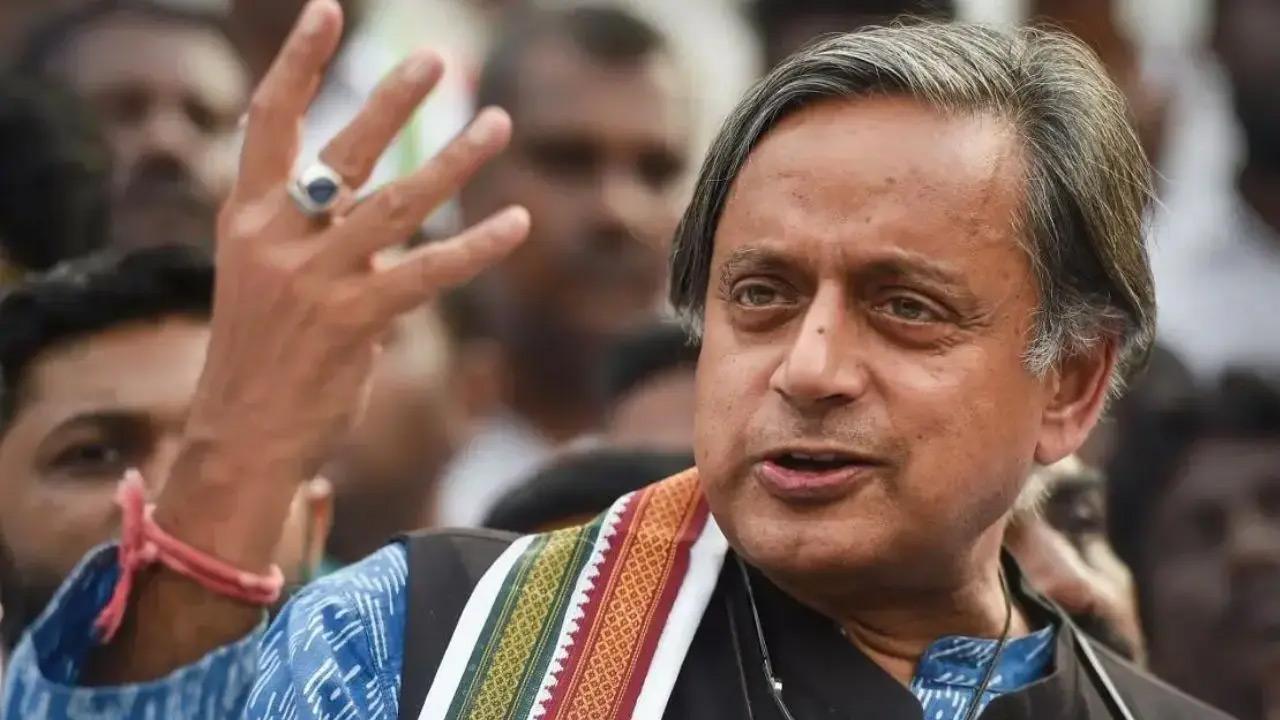WASHINGTON — Published excerpts from Kamala Harris’ new book are sparking pushback from prominent Democrats who she could face in 2028 if she runs for president again in what is likely to be a sizable field of contenders.
In passages of her new book, *107 Days*, which will be published Tuesday, the former vice president delves into the difficult decisions she made as she weighed picking a running mate and how the prejudices and scrutiny that she faced factored into the calculus.
Former Transportation Secretary Pete Buttigieg told Politico on Thursday that he was “surprised” by her analysis that he would have been a risky pick. Meanwhile, a spokesman for Pennsylvania Gov. Josh Shapiro pushed back on Harris’ characterizations of their meeting when he came to see her for his interview as one of three finalists for the job.
For years, Harris was one of the most cautious figures in the upper echelon of politics — serving as a loyal soldier at President Joe Biden’s side and rebuffing questions about his health, mental agility, and ability to serve. But she dispenses with that caution in her candid new memoir, in which she writes about her regrets in not dissuading him from running again and the way his team undermined and dismissed her as his No. 2.
Here are takeaways from Harris’ new memoir *107 Days*.
### On Josh Shapiro
Shapiro was viewed as the most logical running mate, but Harris was concerned he wouldn’t be comfortable as her No. 2.
With so little time in her sprint to Election Day, Harris had to begin almost immediately thinking about the eight people that her team was vetting to be her running mate. Conventional wisdom among Democrats had been that she would choose Shapiro, a popular governor of a pivotal swing state who had won significant numbers of votes even in the most conservative parts of Pennsylvania.
But Harris infers that Shapiro seemed overly confident about his ability to clinch the job and that the vibes during his critical interview with her were not good. Before he had even made it through the door for the interview at the vice president’s residence, Harris writes that Shapiro began asking her residence manager about how many bedrooms were in the house and wondered aloud whether the Smithsonian might work with him to loan Pennsylvania art for the residence.
During the interview, Harris says she felt that Shapiro was trying to pin her down on exactly what his role would be as vice president and “mused that he would want to be in the room for every decision.” She told him bluntly that was an unrealistic expectation, in part because “a vice president is not a copresident.” She worried “that he would be unable to settle for a role as number two and that it would wear on our partnership.” She told him that on every day she was president, she’d have “ninety-nine problems and my VP can’t be one.”
Before Harris’ final selection was announced, Shapiro publicly said he did not want the job — which some speculated was because he knew he wouldn’t get it.
Asked to comment on the passages about their interactions, Shapiro’s spokesman Manuel Bonder said it was “simply ridiculous to suggest that Governor Shapiro was focused on anything other than defeating Donald Trump and protecting Pennsylvania from the chaos we are living through now. The Governor campaigned tirelessly for the Harris-Walz ticket — and as he has made clear, the conclusion of this process was a deeply personal decision for both him and the Vice President.”
### On Pete Buttigieg
Buttigieg would have been Harris’ first choice, but she concluded it was too risky.
Harris writes in the memoir that Buttigieg — who, like Shapiro, is considered likely to run in 2028 — would have been her first choice to join her ticket as someone she believed would be exceptionally qualified: a multilingual Rhodes Scholar, former naval intelligence officer, former Midwestern mayor, and a “loving husband” to his husband, Chasten.
“If I were a straight white man, Buttigieg would have been the ideal partner,” she writes. “We were already asking a lot of America: to accept a woman, a Black woman, a Black woman married to a Jewish man. It was too big a risk.”
Buttigieg told Politico on Thursday that he was “surprised” to read the passage suggesting he was too risky, adding that he and Harris did not discuss that aspect of her decision.
“My experience in politics has been that the way that you earn trust with voters is based mostly on what they think you’re going to do for their lives, not on categories,” he told Politico. “I wouldn’t have run for president (in 2020) if I didn’t believe that.”
### On Campaign Missteps
Harris reviews some of her campaign’s perceived missteps in the memoir.
When she went on *The View* on October 8, Harris was asked what, if anything, she would have done differently than Biden over the past four years. She responded, “There is not a thing that comes to mind.” The former vice president describes that response as having “pulled the pin on a hand grenade.”
Still, Harris defends her actions against critics who said she should have done more to distance herself from Biden, saying she did not “want to embrace the cruelty of my opponent.” She also argues that naming one specific policy difference would have created a “backward-looking rather than forward-looking” conversation and “would have limited the definition of the difference between us to that one thing, rather than my unique perspective on a variety of issues.”
In hindsight, Harris writes, she wishes she’d said that, unlike Biden, she would appoint a Republican to her Cabinet.
Harris also discusses the Trump campaign ad that featured the slogan, “Kamala is for they/them, President Trump is for you.” She says the ad “sliced and diced” her remarks to mischaracterize her views, adding: “I wish I could have gotten the message across that there isn’t a distinction between ‘they/them’ and ‘you.’ The pronoun that matters is ‘we.’ We the people. And that’s who I am for.”
Her campaign’s biggest shortcoming, according to Harris: time.
Throughout the book, Harris contends that 107 days wasn’t nearly enough to make her case to the American public. “It would be the shortest campaign in modern presidential history. This, in a country used to having a year or two to learn the plans, policies, values, and character of their presidential candidates.”
Harris and her team were shocked by the outcome on election night. The book offers a detailed personal account of Harris’ experience on the night of the election.
“It says a lot about how traumatized we both were by what happened that night that Doug and I never discussed it with each other until I sat down to write this book,” she writes.
Her team felt confident they would win, in part because internal analytics showed they were ahead in all battleground states as of the previous Friday.
“We had plans for all kinds of contingencies — that Trump might win Pennsylvania and claim premature victory, that we might win narrowly and Trump’s supporters would react with violent rejection of the result, that the count might drag on for days. We’d planned for everything, it seemed, except the actual result,” she writes.
But as votes were counted, and Harris’ team struggled to craft a “rally the troops” speech for supporters at Howard University, they realized they were likely to lose.
Harris’ social secretary peeled icing that read “Madam President” off the cupcakes that had been ordered for the occasion and sent them out to campaign staffers, along with wine.
When Jen O’Malley Dillon, Harris’ campaign manager, broke the news, Harris recalls being in shock, barely able to breathe. She repeated over and over, “My God, what will happen to our country?”
https://www.phillytrib.com/news/across_america/harris-book-draws-blowback-from-shapiro-buttigieg/article_10830430-3a88-4cec-a083-49b444ad72a4.html


